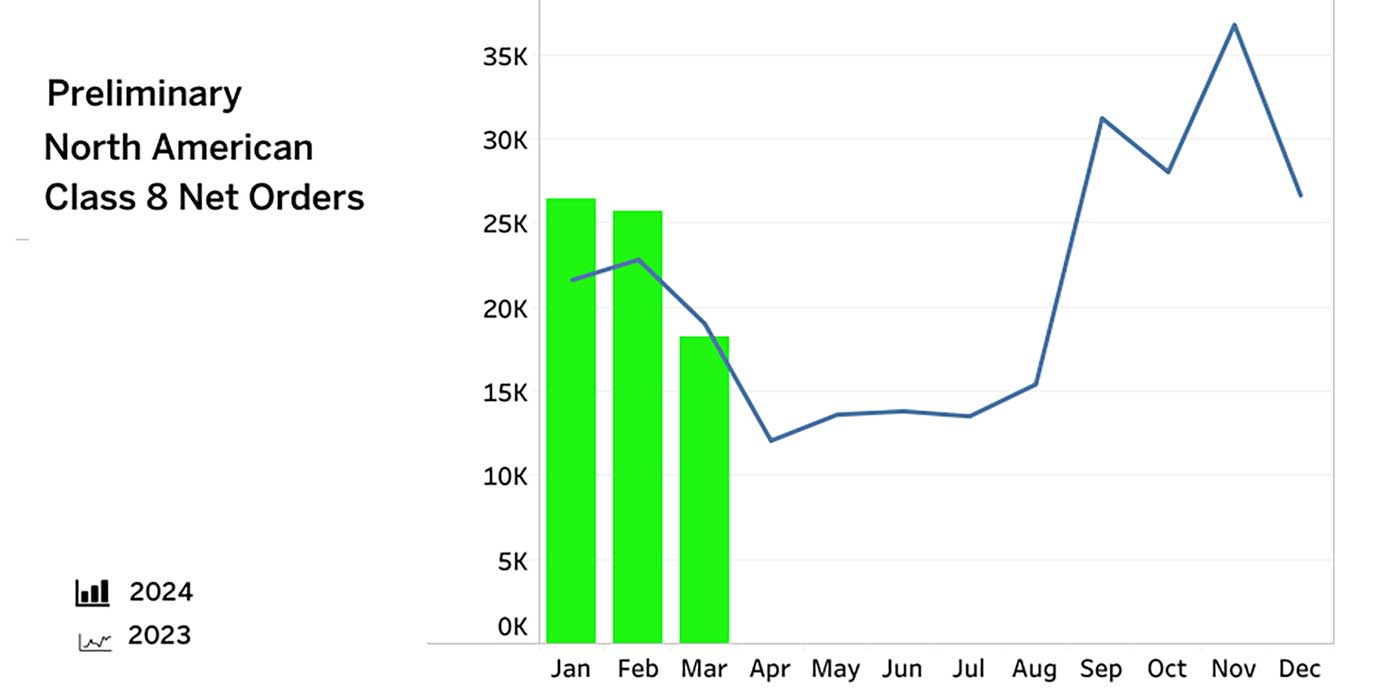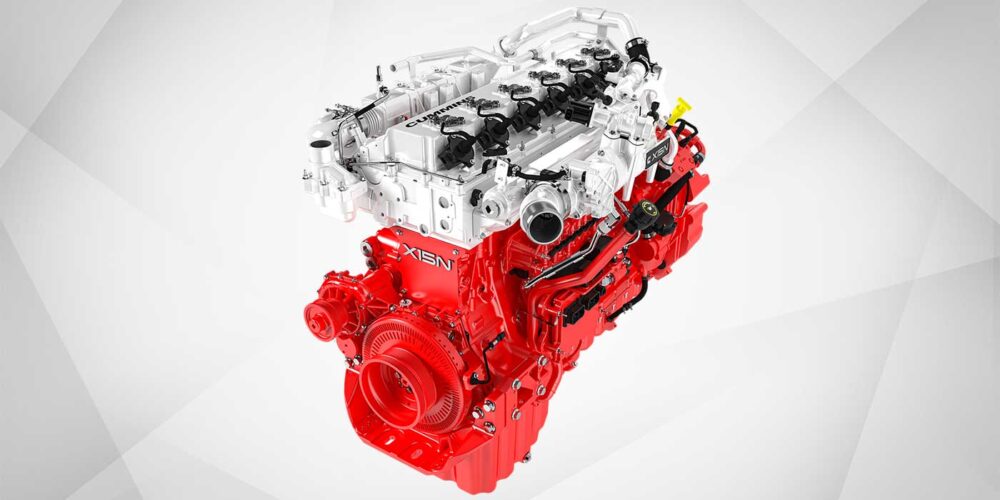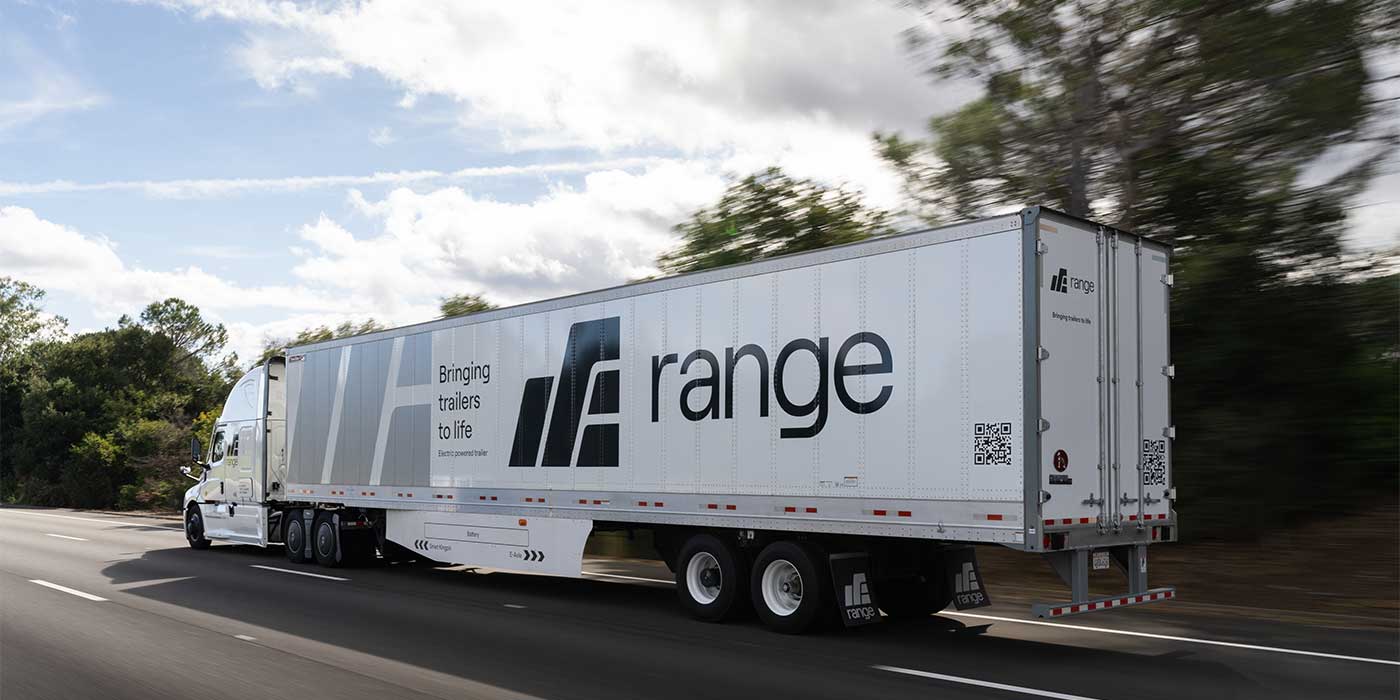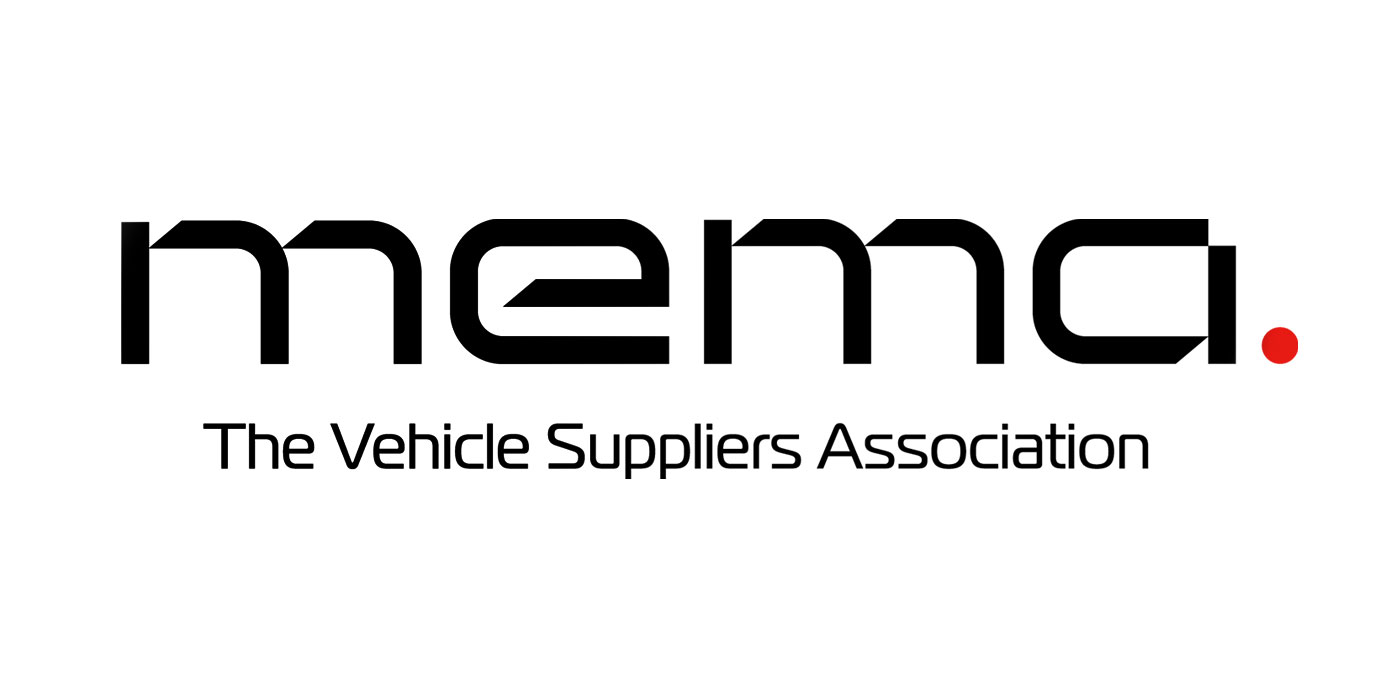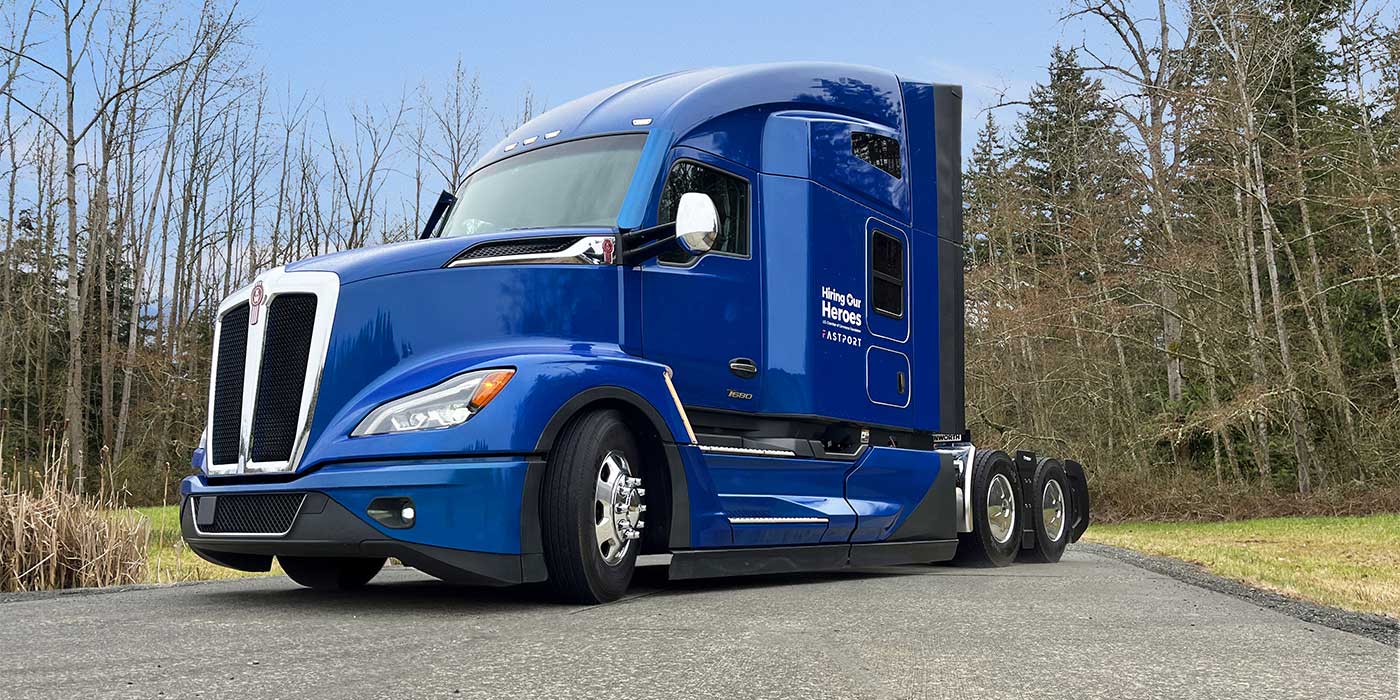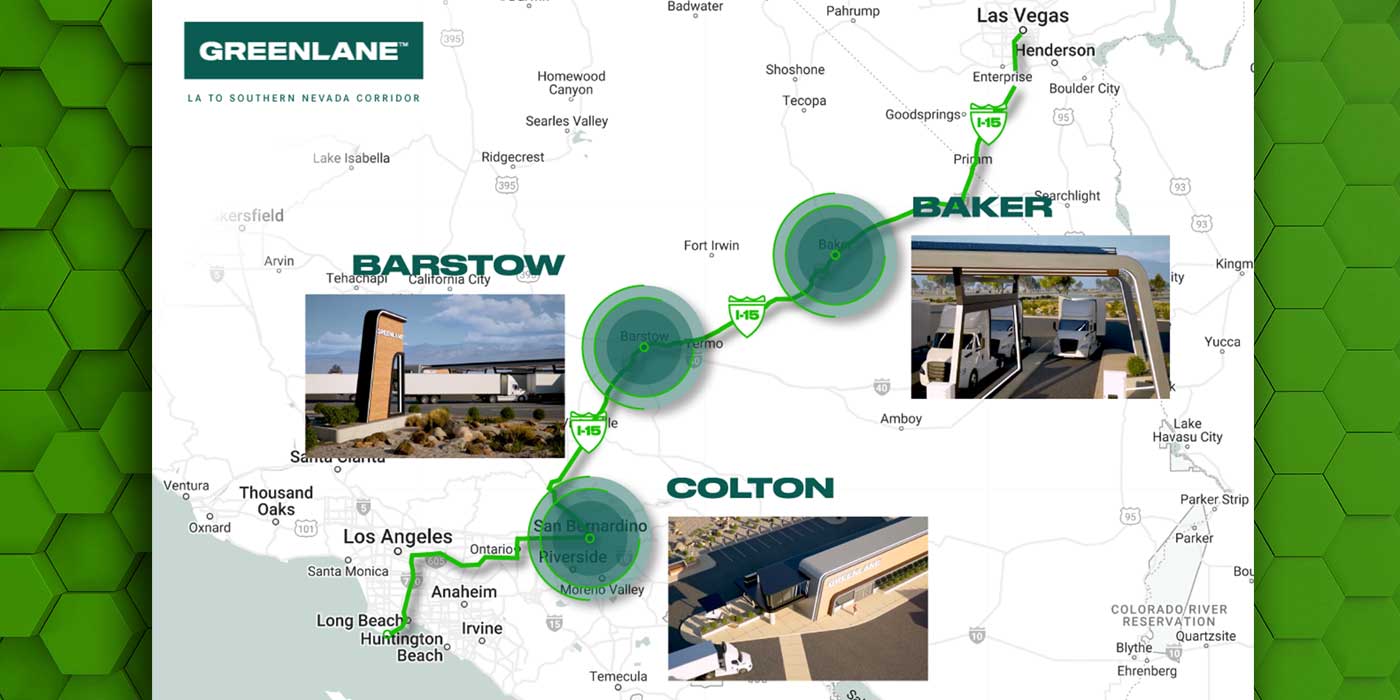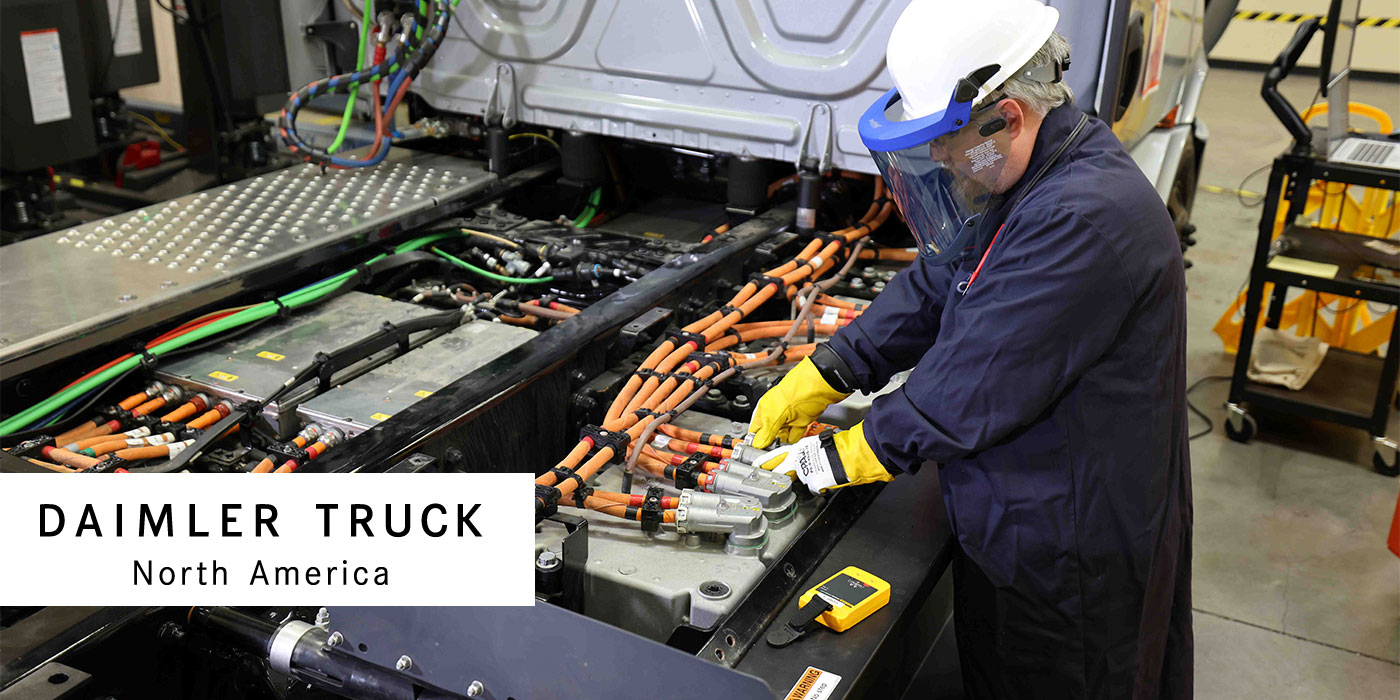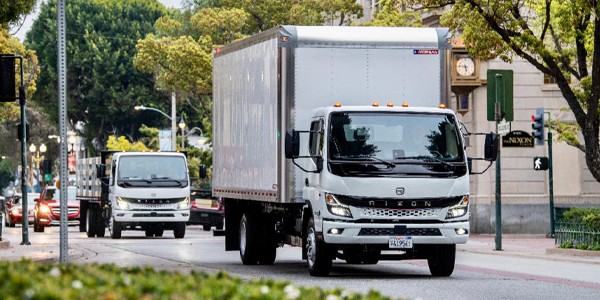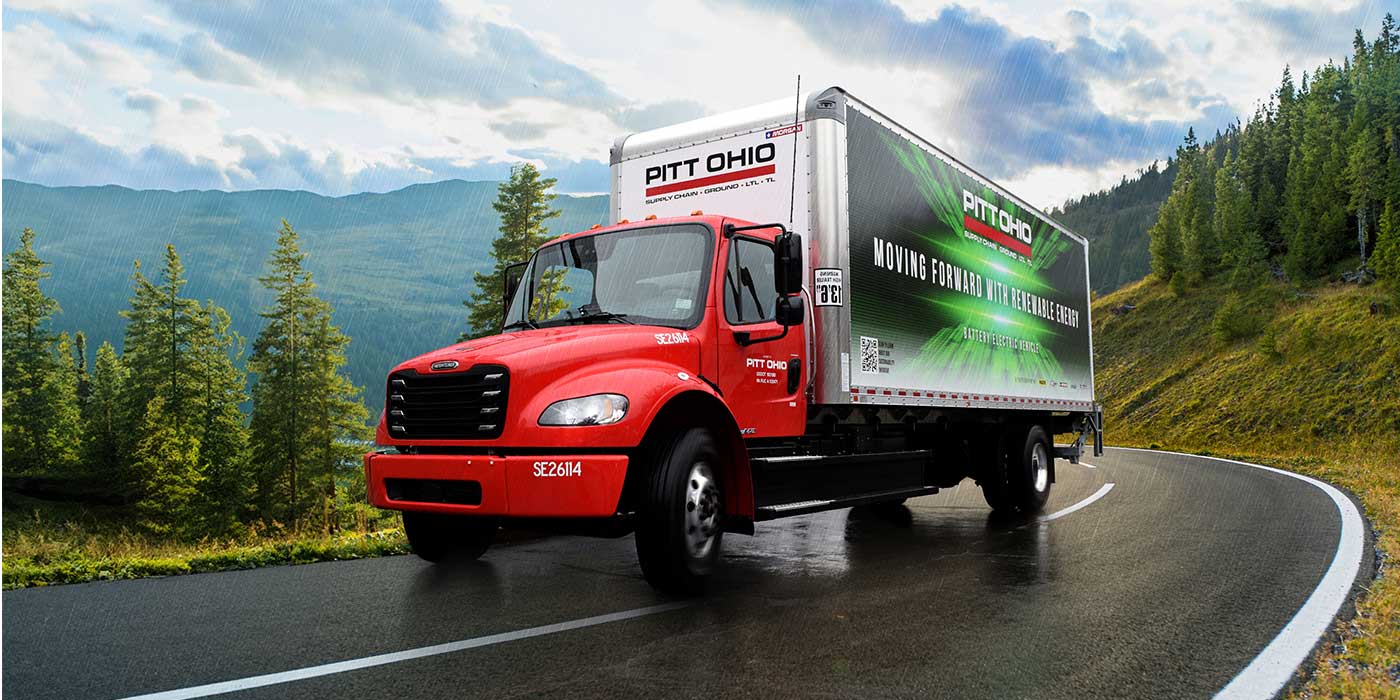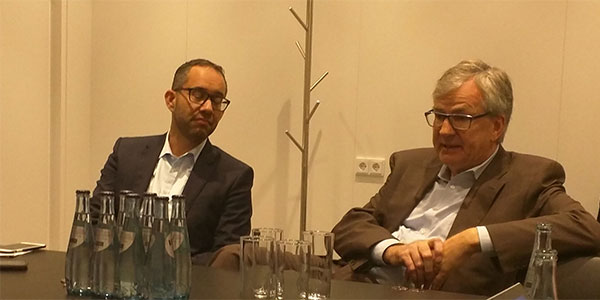
During IAA, Martin Daum, Member of the Board of Management with responsibility for the Daimler Trucks and Daimler Buses, held a roundtable for the North American trucking press. While we’re still digesting all of the news Daimler Trucks rolled out, here are the top takeaways from the conversation.
On how announcements at IAA impact North America markets
You can be sure that nearly everything you’ve seen today will be on the streets of the United States; things are sometimes closer than you think.
What will be first?
Whatever the customer needs most. … You know my classifications: Headlines, Knowledge, Business. What we presented on the new Actros—you can order it today in any quantity for any application. Very few things in these future visions are [Start of Production] ready. On the other hand, you can go down stairs, place an order for 100 electric buses, they will name you customer of the day, and you’ll get your buses. It’s the same for the driver assistance system on the new Actros.
Then we have a lot of other ideas, visions and plans. … This is where Mercedes-Benz van is with their announcement. This, for me, is going from the gaining headlines to the gaining knowledge phase, whether it materializes in a specific product, which you can order in any quantity for immediate delivery—this is different. On the trucking side, we’re working on things as well.
On solving trucking challenges together
The times are over when you had the idea that you can save the world alone. Open platforms are the solution for the future. … The converging of systems: On the trucking side there is a lot of logistic information that you can put on a screen in the truck or on a device. The integration of the devices onto one platform—that you can put hours-of-service information on the same platform as telematics information, even using it as a driver entertainment system—makes the truck a good working space for the truck driver.
On the reliability of today’s trucks
When we look at warranty rates with our mature EPA10 product, they are better than the EPA07. And when we look at our extended warranties, we give extended warranties to EPA10 products that often cover 500,000 miles; so we are really sure that our products last.
However, every additional stage of emissions makes the truck more expensive. More parts means more parts can fail; on the service side, there might be extra costs there. If you go beyond the 500,000-mile phase—and our B10 life is a million miles, which means that 90% of our trucks will reach a million miles—toward the end of that B10 life you might have more operating cost than you had when it was new. The first time buyer has to pay more today for an EPA10 truck than for an EPA04 truck, paying the higher technology price. Then the second and third tier buyer then pays higher maintenance costs. That’s the balance.
But safety and environmental-friendly never comes for free, and we’re not here to build unsafe or environmental unfriendly trucks; we’re here to buy the most efficient trucks money can buy.
On trade wars, tariffs and the cost of doing business
Daily politics is moving so fast. In general, I am a huge proponent of open boarders. It’s the jobs of politicians and managers to grow the global “cake.” We are one globe, we are all one people on that globe, and the globe needs developed together to grow the cake so that we all have a bigger piece of the cake than we had yesterday.
Global means, for Daimler Trucks, that we are strongly embedded into the local economies we serve. We employ thousands of people and will invest hundreds of millions of dollars in each and every market.
On the other side, we don’t have to do everything in every market. It benefits us when we can shift things around the globe. If the global exchange of ideas, people and goods gets interrupted, especially with short-term, surprising notice, then everyone will suffer–the manufacturers, the consumers, the economies. A trade war will not have a winner, just losers.
On the outlook for 2019
2019 seems, for the moment, to be ‘not bad.’ The sentiment of our customers is strong, demand for freight is high, freight rates continue to be high, and the new trucks are better than the old ones on the road, so you continue to see the replacement cycle. I think the markets are, from my internal U.S. compass, too high. When we’ve had years where the market was too high above the long-term average, it foreshadowed a valley. And the higher it is, the deeper the valley. I’m not full of rejoicing, but we will serve the market as much as possible. We’re sold out for 2018. We’re basically sold out for the first half of 2019.
What can change this strong market? The world economy—start a global trade war and it will push those numbers down. There are a lot of things—higher interest rates—and other things, but this is daily life for a senior executive for a trucking company.



